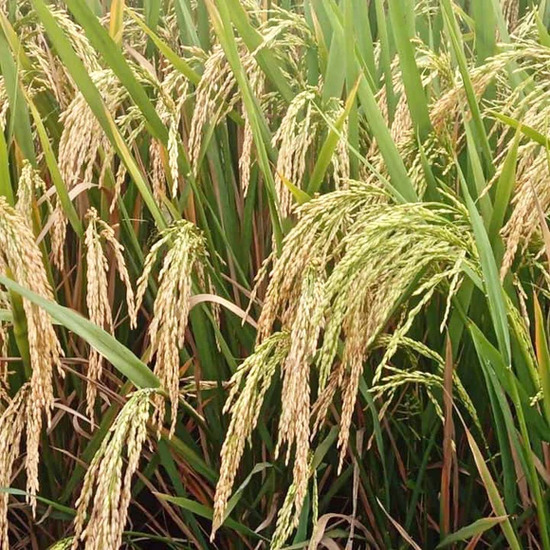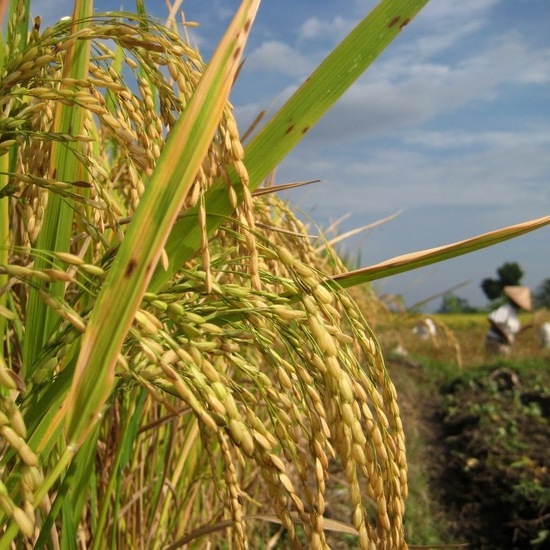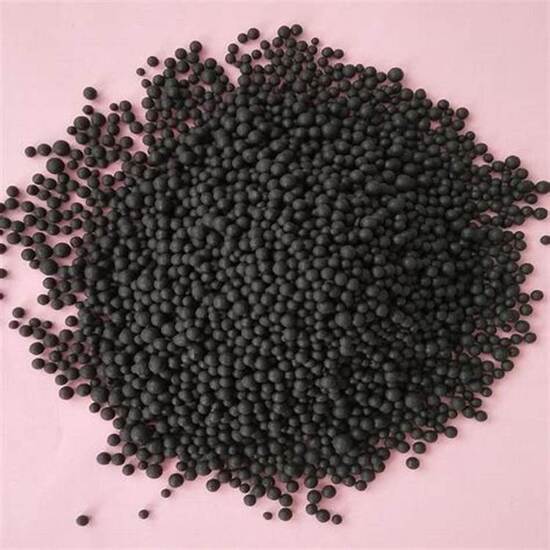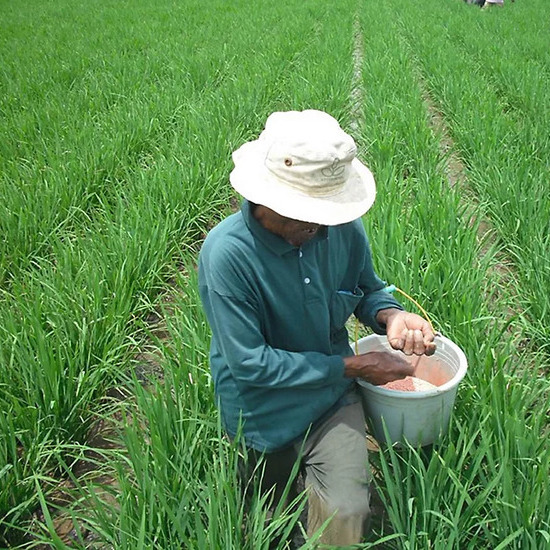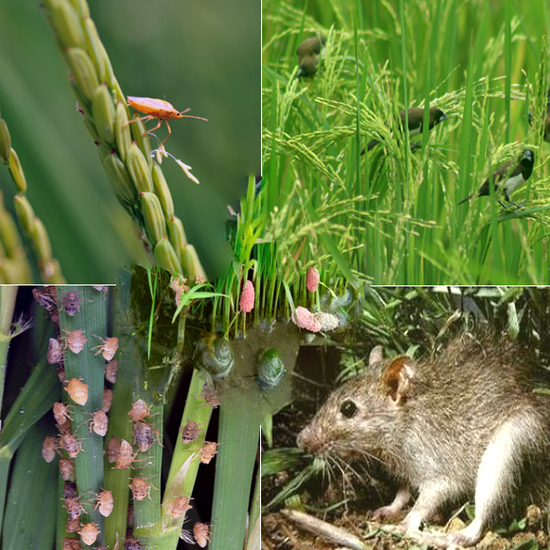Innovation in Rice Cultivation: Advanced Technology, Environmentally Friendly, and Precision
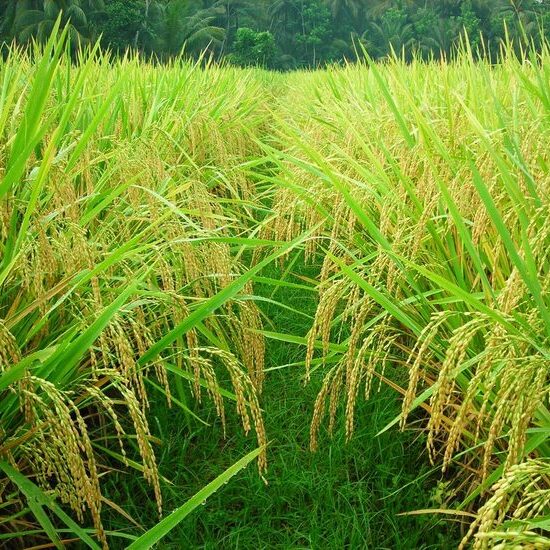
Rice farming has become the backbone for many countries, including Indonesia, in meeting food needs. This major transformation in agricultural practices is inseparable from the development of cultivation technology that continues to grow. This article will review in depth how advanced, environmentally friendly, and precise rice cultivation technology has changed the landscape of modern agriculture. We will explain in detail how these innovations not only increase rice crop productivity but also encourage sustainable farming practices in Indonesia, creating a brighter future for the agricultural sector.
Advanced rice cultivation technologies present a new approach to managing rice crops, from selecting varieties that are resistant to changing environmental conditions to using digital technology for more accurate monitoring and control. The use of soil sensors, drones, and analytical applications have enabled farmers to optimize planting times, water requirements, and fertilizer use efficiently. This not only increases yields but also reduces negative impacts on the environment.
In addition, environmentally friendly rice cultivation technologies emphasize the use of fewer harmful chemicals such as pesticides and synthetic fertilizers. The development of sustainable farming methods such as the use of organic fertilizers, compost, and soil cover helps maintain the ecological balance of farmland. Integrated crop management systems not only reduce the risk of environmental pollution but also improve soil quality and the overall health of agricultural ecosystems.
Precision rice cultivation technologies integrate artificial intelligence and data analytics to create more efficient and adaptive farming systems. The use of information technology such as the Internet of Things (IoT) allows farmers to directly monitor soil and crop conditions in real-time. Thus, decisions on land management, pest and disease control, and the use of agricultural inputs can be made based on accurate and relevant data. The implementation of this technology not only increases productivity but also has a positive impact in terms of environmental and economic sustainability.
By understanding and adopting this innovative rice cultivation technology, farmers in Indonesia can significantly increase their yields while minimizing negative impacts on the environment. PT Matari Agro Indonesia is committed to supporting this transition by providing consulting and training services that focus on implementing best practices in rice cultivation. Through collaboration with farmers and other agricultural stakeholders, we hope to create a sustainable and prosperous future for Indonesian agriculture.
Advanced Rice Cultivation Technology
Advanced rice cultivation technology includes the use of superior varieties that are resistant to disease and extreme weather, as well as improved fertilization and irrigation techniques. The use of digital technology in plant growth monitoring and drone applications for land analysis have helped farmers optimize rice production with high accuracy. By utilizing real-time soil and weather sensor data, farmers can respond more quickly to environmental changes and reduce the risk of crop loss.
Environmentally Friendly Rice Cultivation Technology
Environmentally friendly rice cultivation technology emphasizes reducing the use of chemical pesticides and synthetic fertilizers. One approach used is the use of environmentally friendly plant and microbial pesticides. An integrated pest management (IPM) system is also applied to minimize environmental impacts and improve long-term soil health. Proper soil management techniques such as the use of cover crops and organic compost help maintain soil fertility and improve water use efficiency.
Precision Rice Cultivation Technology
Precision rice cultivation technology integrates the use of information and communication technology (ICT) to improve land management efficiency. Implementation of a data-based agricultural system (precision agriculture) allows farmers to map their land in detail, measure plant nutrient needs precisely, and regulate irrigation based on specific soil conditions. Thus, the use of inputs such as fertilizer and water can be optimized, reducing production costs and negative impacts on the environment.
Implementation in the Field
The implementation of this rice cultivation technology has provided positive results for farmers in various regions in Indonesia. Case studies on the use of precision technology in rice fields in West Java show significant increases in crop productivity and reduced production costs. In addition, the reduction in the use of chemical pesticides has had a positive impact on the health of farmers and the surrounding environment.
Benefits for Indonesian Agriculture
The application of innovative, environmentally friendly, and precision rice cultivation technology not only supports increased agricultural productivity but also contributes to environmental sustainability. PT Matari Agro Indonesia is committed to continuing to support Indonesian farmers in adopting this technology through the consulting and training services we provide. With a popular scientific approach, we aim to advance the Indonesian agricultural sector towards a brighter and more sustainable future.
Matari Agro Indonesia is one of the most affordable and farmer-friendly agricultural consulting companies in Indonesia. We provide top-notch agricultural consulting services across the country with the help of a diverse team of scientists, operational experts, and technology. If you are looking for a better return on your agricultural investment, contact the Matari Agro Indonesia team today!
